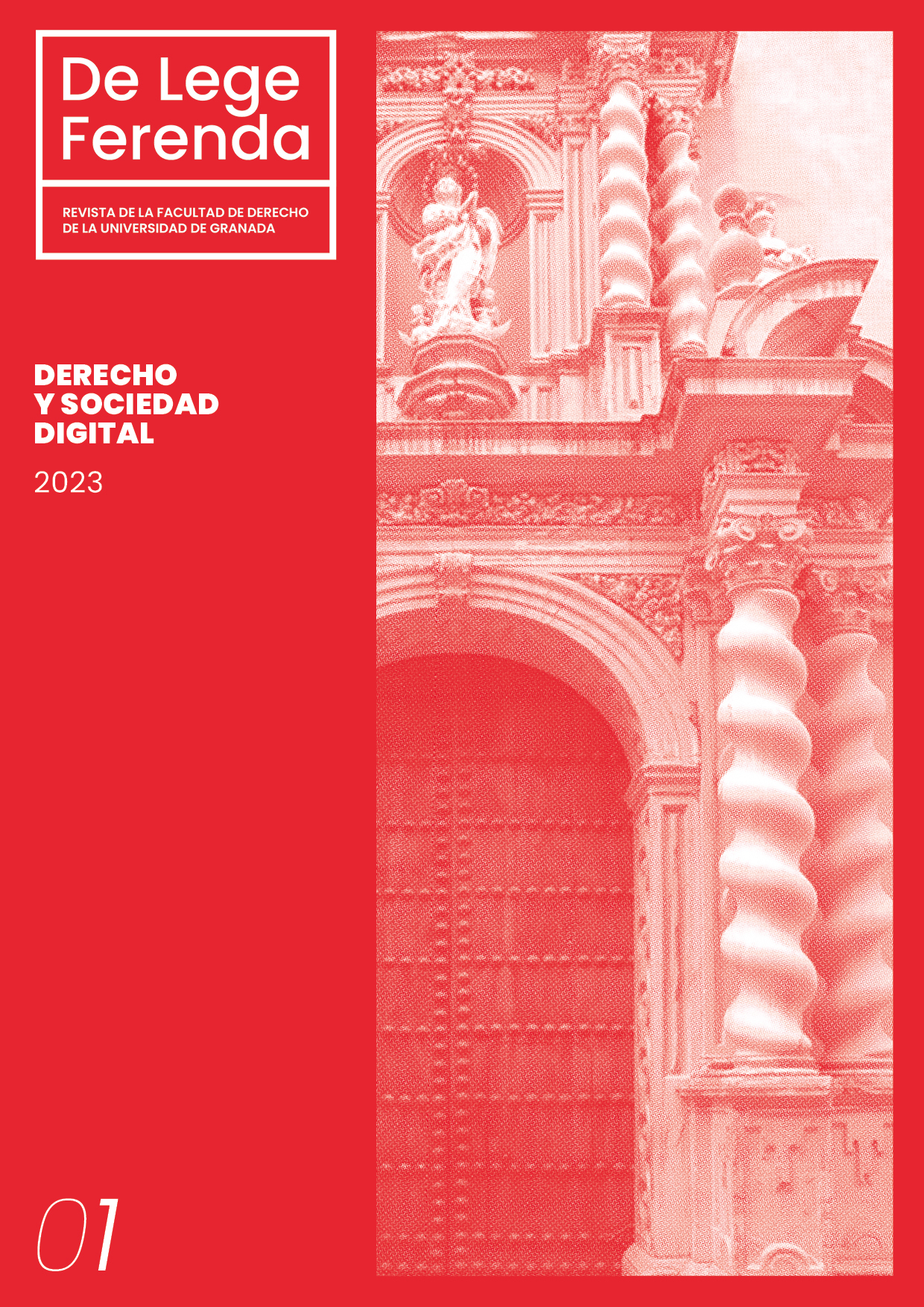Uses, challenges and prospects of Artificial Intelligence for the Army
DOI:
https://doi.org/10.30827/dlf.1.2023.28553Keywords:
Artificial Intelligence, Big Data, Strategy, Deterrence, Defense, War, Warfare, Conflict, NATO, Army, Cyber, Cyberdefense, Cyberspace, Technology, Cognitive Domain, Space, Robots, Autonomy, Autonomous Weapons, Autonomous Vehicles, Command and Control, MultidomainAbstract
Artificial intelligence has recently become the object of multiple speculations, more or less founded, and is surrounded by a halo of fear and mystery based upon the vision that sci-fi artwork either literary or film has projected on this technology sustained by computing and big data.
This article tries to show the advantages of artificial intelligence for the Army and the challenges that the latter needs to tackle to achieve its use according to the laws and customs of war, understanding war as an undesirable but real phenomena, as present and history well prove.
Departing from a fictional situation to frame the future operating environment, NATO and Spain’s strategies for the integration of artificial intelligence in military operations are described, as well as prioritized specific applications of this technology in defense industry.
Finally, the ethical challenges posed by artificial intelligence are presented, recognizing that the rule of law will have to establish its boundaries, as it usually does for all human activity sphere. Ethical and responsible use and respect for the International Humanitarian Law has always been the Spanish Army’s foundation and standard of conduct.
References
Alto Comisionado para España Nación Emprendedora. (2021). Estrategia España Nación Emprendedora. https://nacionemprendedora.gob.es/sites/default/files/Estrategia_Espana_Nacion_Emprendedora.pdf
Brown, D. y Ahmedzade, T. (27 mayo 2022). Ukraine weapons: What military equipment is the world giving? BBC News. https://www.bbc.com/news/world-europe-62002218
Cubeiro Cabello, E. (2022). El ciberespacio en la guerra de Ucrania. Documento de Opinión IEEE 32/2022. https://www.ieee.es/Galerias/fichero/docs_opinion/2022/DIEEEO32_2022_ENRCUB_Ucrania.pdf
Secretaría de Estado de Defensa. (2020). Estrategia de Tecnología e Innovación para la Defensa. https://publicaciones.defensa.gob.es/media/downloadable/files/links/e/t/etid_estrategia_de_tecnolog_a_e_innovaci_n_para_la_defensa_2020.pdf
Fallon, J. (2020). Breaking the island chains. UK Defence Forum. https://www.defenceviewpoints.co.uk/articles-and-analysis/breaking-the-island-chains
Marín Gutiérrez, F. (2022). ¿Comprendemos la desinformación?: Rusia y la evolución de las medidas activas. Documento de Opinión IEEE 26/2022. https://www.ieee.es/Galerias/fichero/docs_opinion/2022/DIEEEO26_2022_FRANMAR_Rusia.pdf
Nagata, L. (2015). We can win the war, you must win the peace. En A. Cole et al, War stories from the future (pp. 41-47). The Atlantic Council. https://www.atlanticcouncil.org/in-depth-research-reports/books/war-stories-from-the-future
Oficina de Naciones Unidas en Ginebra. (2014). Convention on certain conventional weapons. United Nations Publication.
OTAN. (2021). Summary of the NATO Artificial Intelligence Strategy. https://www.nato.int/cps/en/natohq/official_texts_187617.htm
OTAN. (2022). Strategic concept 2022. https://www.nato.int/strategic-concept/
Singer, P. W. y Cole, A. (2015). Ghost fleet. Nueva York: Houghton Mifflin Harcourt
Zhang, B. et al. (2021). Ethics and Governance of Artificial Intelligence: Evidence from a Survey of Machine Learning Researchers. Journal of Artificial Intelligence Research, 71, 591-666. https://scholar.google.es/scholar_url?url=https://www.jair.org/index.php/jair/article/download/12895/26701&hl=es&sa=X&ei=Kzv2Yr7MJK-Ty9YPpJKV2Ak&scisig=AAGBfm1hMFCbPxQ5lkETAVoA9v7uQtaOGA&oi=scholarr
Downloads
Published
Issue
Section
License
Copyright (c) 2023 De Lege Ferenda

This work is licensed under a Creative Commons Attribution-NonCommercial-ShareAlike 4.0 International License.













